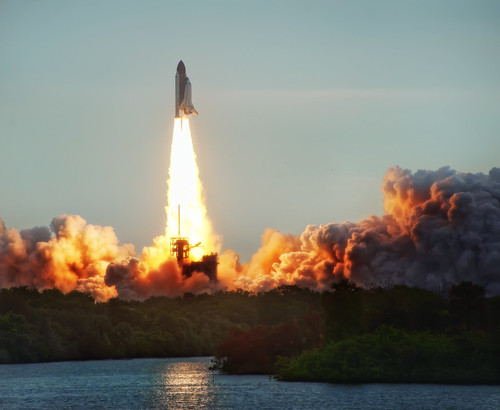For background, in my class, once during a 7 day cycle, students write a letter to me about their reading. It can be something they read in school or at home. The idea is that they get to practise reading strategies they learn in class, particularly goals they have set for themselves. When I get the letter, I write back to each student. We do this all year. It is a great way for me to see and hear their thinking. The letters are personal. They aren't shared, although occasionally I will ask if it is ok to share a letter or part of a letter, if I feel it is inspiring!
The letters are all written in a book. It is a wonderful document to look at in June. ( the end of the year for us) One sees such growth!
In his letters, Jiwhang often tells about connections he makes, tells of things that surprised him, misconceptions he has had, wonderings and questions that he has. I love to correspond with a student who writes a letter like this.
 |
| Photo Credit: Stuck in Customs via Compfight cc |
Thank you very much for your letter. It’s fine with me if you read my letter to the class.
To answer your question, the old man in “Woodsong” was not the author’s imagination. He gave the author physical help by helping him load his luggage back onto his sled after the sled fell down a slope.
I read the book “Space Travel” by Ian Graham. This book is about space exploration, as well as various things about space.
While reading this book, I was reminded of when Korea’s Naro rocket succeeded in launching a satellite into space after two failed attempts, on January 2013. Many countries around the world, including Korea, are working hard to develop new and advanced space technologies.
I found the fact that spacecraft could venture out of the solar system suprising, since I thought that probes and spacecraft could only stay inside the solar system.
While reading this book, I found the fact that astronauts get taller in space interesting. That happens because in space, due to the zero-gravity situation, an astronaut’s spine stretches, resulting in the astronaut becoming taller. When the astronaut returns to Earth, his or her’s height returns to normal.
I have one question in my head. The first satellite, Sputnik 1, was made of aluminum. Since aluminum is not very durable, wouldn’t the crushing pressures of outer space end up flattening or heavily damaging the satellite so that it can’t work?
Sincerely,
JW
No comments:
Post a Comment